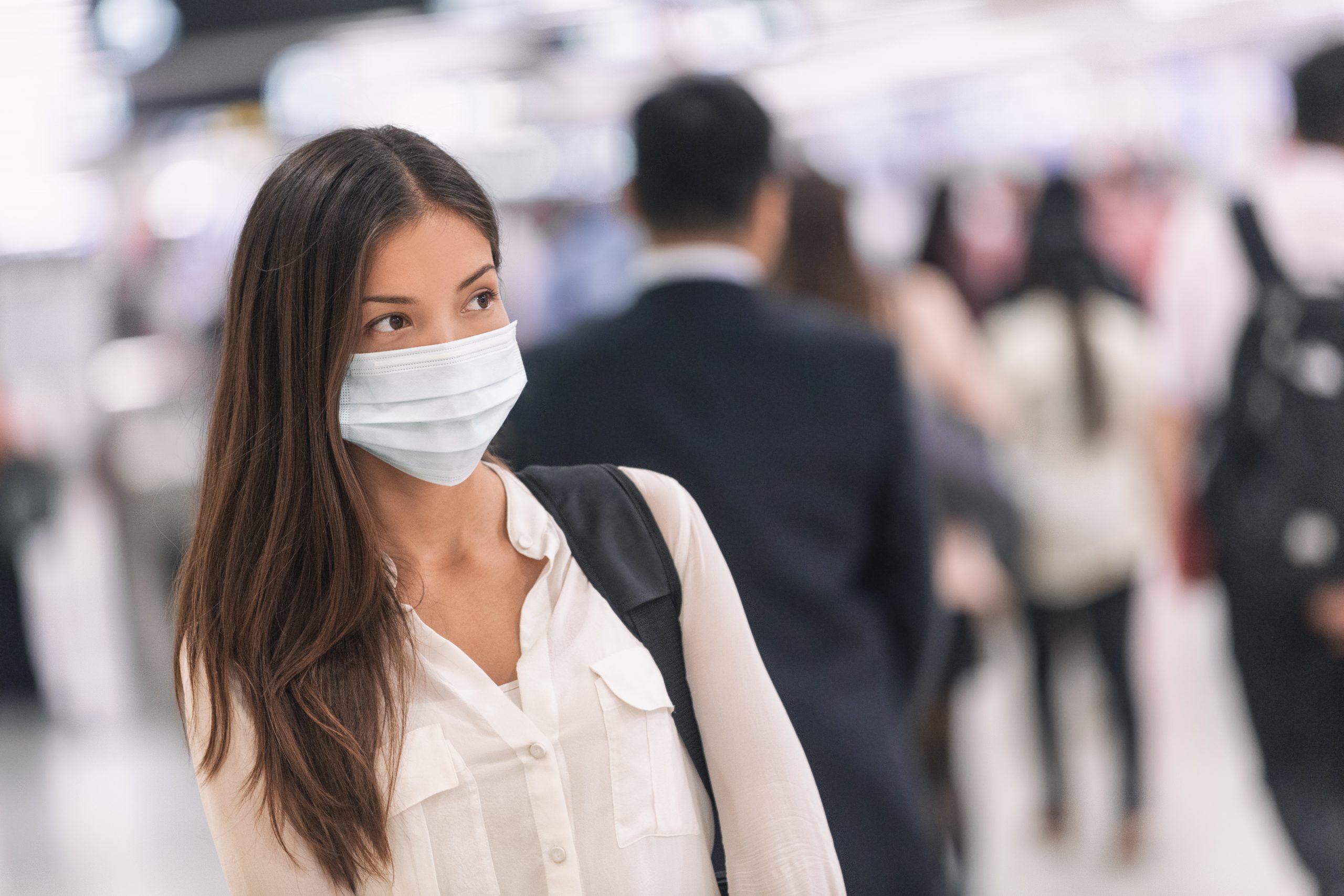A
A
A
Whether it’s a winter jaunt, a spring vacation or a summer respite, traveling abroad is an exciting way to explore other cultures, taste new foods and revel in unique pastimes. Perhaps you want to visit the Vatican in Rome, take a boat down the French Riviera or ride an elephant in Thailand. But is it really safe to travel during the coronavirus outbreak?
While the virus that leads to fever, coughing, stressed breathing and possibly death originated in Wuhan, China, it has spread around the world, causing people to cancel flights and cruises to all corners of the globe, including places like Europe and Australia. Since the virus is spread through person-to-person contact, many are wary of communal gathering spots like planes, museums, stadiums, restaurants and the like. However, it is safe to travel with some precautions.
Read More »
Are there travel advisories for certain countries?
Before traveling, visit the
Centers for Disease Control and Prevention website to see if the country you wish to visit has a travel watch, alert or warning. A watch signifies a normal risk. An alert means there is an elevated risk while a warning means the risk for contracting a virus or illness is very high.
The Centers for Disease Control has issued a level 3 travel warning only for mainland China, South Korea and Venezuela, advising against nonessential travel to these countries because there has been a significant community outbreak of the respiratory illness. This warning should be especially heeded by older travelers or those with chronic diseases whose immune systems might be weakened.
There is a level 2 alert for Italy, Japan and Iran due to the coronavirus. The CDC warns that travelers should postpone trips to these locations or take enhanced precautions to avoid sick people.
Instead of risking infection by traveling to countries with alerts or warnings, consider canceling your vacation or choosing an alternate destination. Several airlines are accommodating cancellation requests related to COVID-19 fears and are refunding money.
Other countries have normal risk but the situation with the COVID-19 virus is fluid as more people are diagnosed daily. Places like Thailand, Taiwan and Singapore are already showing a risk for community transmission of the virus, but are not yet on the CDC’s warning or alert list. You can double check travel safety by also researching World Health Organization travel notices as well as notices from the U.S. State Department, which has a searchable database with the latest concerns for every country.
How can I stay safe while traveling?
Health officials offer these tips for travelers headed to countries showing normal or increased risks:
• Avoid people who show signs of sickness, such as coughing, sneezing, wheezing, etc.
• Refrain from touching your face until you’ve washed your hands. This is to avoid spreading germs from handles of doors and other structures to your eyes, nose or mouth.
• Undergo a physical with your doctor to make sure you are well prior to traveling. Treat any illness before leaving.
• Carry a hand sanitizer in your carryon bag or purse in case you don’t have immediate access to a bathroom to wash your hands. Make sure the sanitizer has at least 60 percent alcohol, which is enough to kill germs.
• Wash hands with soapy hot water for at least 20 seconds while scrubbing vigorously before eating or touching your face.
• If you feel you’ve been exposed to a sick person or begin feeling unwell, immediately consult a doctor. In addition to a high body temperature, symptoms of the virus might include diarrhea and sore throat.
• Don’t leave your home country without adequate travel insurance.
While many travelers are opting to protect themselves with N95 respiratory masks, medical experts say hand cleansing will be more effective because the COVID-19 virus is mostly transmitted hand to hand, hand to surface or hand to mucous membranes. Masks protect the nose and mouth but not the eyes. Many stores have already sold out of masks, and sellers are charging exorbitant prices on online resale sites.
What if I travel abroad and then travel restrictions or quarantines are issued?
It is possible you could become stranded in a foreign country without warning due to a sudden outbreak of coranovirus, which could lead to canceled flights or a required quarantine. Once quarantined, you can expect limited food, limited movement and prolonged absence from work or school, which could be costly. It would be wise to prepare for such an emergency by having technology and arrangements for remote work or schooling. If you are stuck abroad, contact the nearest US Embassy or Consulate for help.
Who should avoid traveling?
People who already have respiratory problems, such as asthma, COPD or other conditions, should not travel at this time, CDC officials suggest. Also, infants, senior citizens and those with conditions that decrease immunity should stay home as well since their immune systems may not be robust enough to fend off exposure to the coronavirus.
By following the above tips and suggestions, it is possible for your family to have a relaxing vacation abroad while remaining safe. Experts say airplane travel should not be feared since the risk of transmission by the closed, recirculated air is very low. However, cruise ship travel requires more frequent and closer contact with other travelers, which is riskier. No matter how you travel, monitor how you’re feeling and seek medical help should you develop a high temperature, cough, sore throat or diarrhea.






